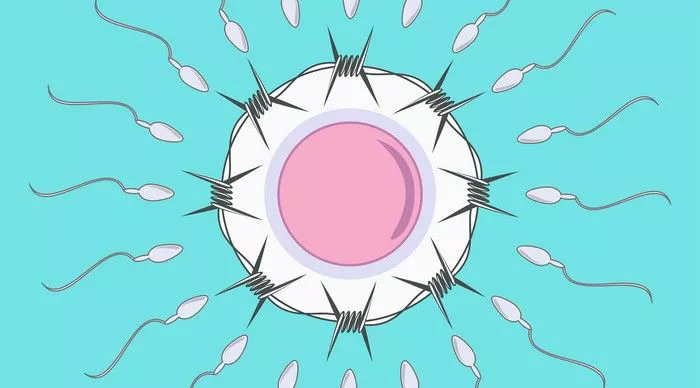Endometriosis is a gynecological condition where endometrial tissue grows outside the uterus, such as on the ovaries, fallopian tubes, or other areas within the pelvic cavity. This condition typically causes pain, irregular menstruation, and may have an impact on a woman’s fertility.
How Does Endometriosis Affect Fertility?
Impairment of Ovarian Function
Endometriosis can potentially affect ovarian function, thus impacting the quality and quantity of eggs. For instance, endometriosis within the ovaries may lead to damage of ovarian tissue, disrupting normal ovarian function and impeding the production and release of eggs.
Impairment of Fallopian Tube Function
Endometriosis may also affect the normal function of the fallopian tubes. The fallopian tubes are where eggs and sperm meet, and if endometriosis affects them, it may result in blockage or reduced motility of the fallopian tubes, thus hindering the union of sperm and egg and affecting fertility.
Impact on Uterine Environment
Endometriosis can also influence the environment within the uterus, making it unfavorable for the implantation and development of a fertilized egg. For example, endometriosis may cause thinning of the endometrium or changes in the uterine environment, which could hinder the implantation and development of a fertilized egg, thereby affecting fertility.
Conclusion
In summary, endometriosis can affect a woman’s fertility through various mechanisms, including impairing ovarian function, fallopian tube function, and uterine environment. If you suspect you may have endometriosis, it is recommended to seek medical help early to receive timely treatment and intervention, thus avoiding greater impacts on fertility.

























